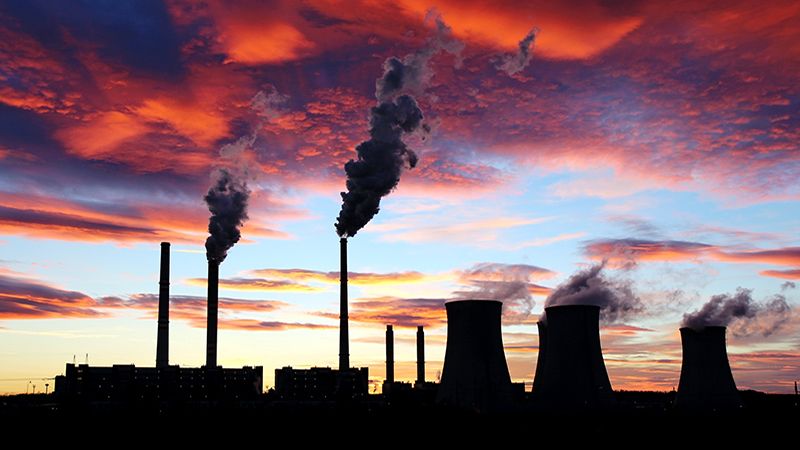Climate-destructive sectors are benefitting from public subsidies totalling $677bn (£513bn) in the Global South, a new ActionAid report has found.
The report, How the Finance Flows: Corporate capture of public finance fuelling the climate crisis in the Global South, examined the use of public funds in the Global South. It found the industries causing the climate crisis and harming communities – such as the fossil fuel and industrial agriculture industry – are alsosqueezing Global South governments for the largest share of public finance. This comes as multinationals benefitting most from these subsidies are oil giant Shell and agribusiness giant Bayer (the parent company of Monsanto).
Further, figures reveal climate finance grants amount to just 1/20th of the Global South public finance going to fossil fuels and industrial agriculture. As a result, Global South renewable energy is receiving 40 times less public finance than the fossil fuel sector. This has left countries in the area locked into harmful developments that destroy ecosystems, grab lands and compound the injustice of climate change.
The report also warned the UK backs many of these subsidies. Both the industrial agriculture and fossil sector has been receiving publicly-financed subsidies from the UK worth $7.3bn (£5.5bn) each year on average. This occurred in the years between 2016 – when the Paris Agreement was signed – and 2021. This comes as findings suggest the fossil fuel sector in the UK is receiving over 7 times as much public financing as renewable energy, where public investments in renewable energy have decreased by $400,000 (£303,000).
As a result, the report calls for public finance to be redirected to support just transitions from climate-destructive fossil fuels and industrial agriculture. Instead, finance should flow towards people-led climate solutions that safeguard people’s rights to food, energy and livelihoods.
Further, it asks for the scaling up of decentralised renewable energy systems to provide energy access, and gender-responsive education in agriculture, such as offering training in agroecology and adaptation.
Alongside this, it suggested wealthy countries should provide grant-based climate finance each year to Global South countries most impacted by the climate crisis. This includes agreeing to new climate finance goals at COP29 that reflects this scale.
Teresa Anderson, global lead on Climate Justice at ActionAid International, said: “It seems that money is the root of all climate upheaval. Climate-destructive industries are bleeding the Global South of the public funds they should be using to deal with the climate crisis.
“The lack of public and climate finance for solutions means that in climate-vulnerable countries, renewable energy is receiving 40 times less public finance than the fossil fuel sector. It is time for the Global South to stand up to the industries that are draining their finances and wrecking the climate. We need to fix the finance flows that are fuelling the climate crisis.”








